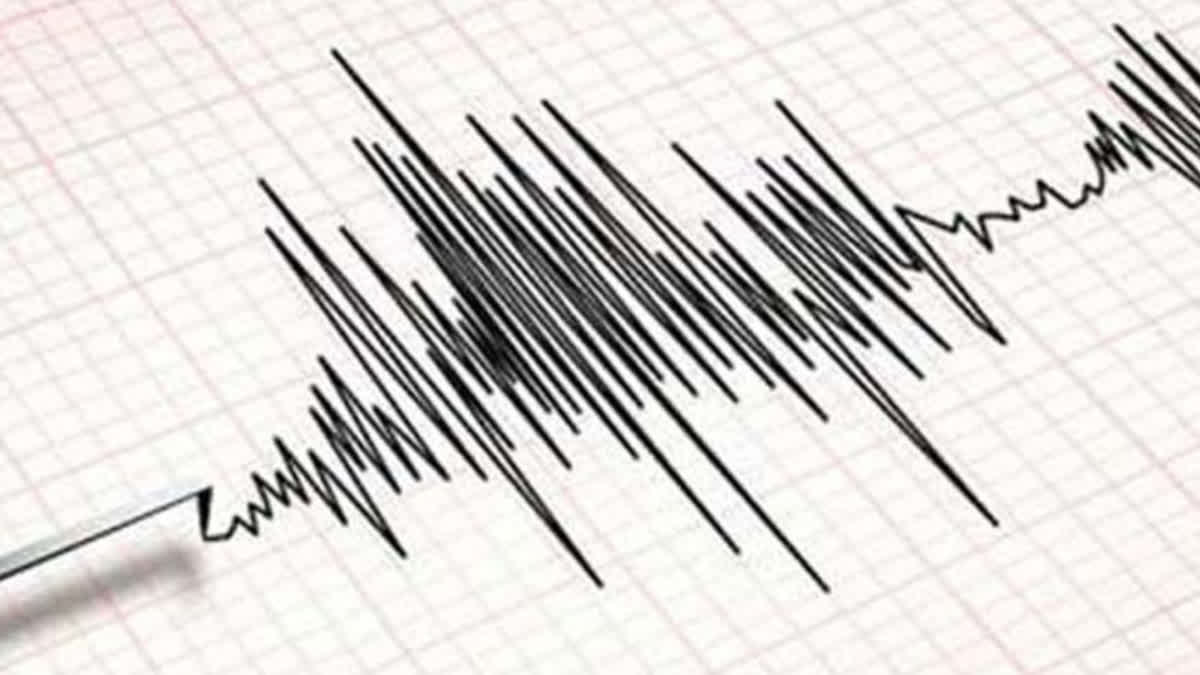Kathmandu: A powerful earthquake of 6.1 magnitude jolted Nepal's capital Kathmandu and damaged 20 houses on Sunday, the latest tremor to hit one of the world's most seismically active countries. According to the National Earthquake Monitoring and Research Centre, the earthquake with epicentre in Dhading district was recorded at 7:39 a.m.
The tremor was also felt in other districts of Bagmati and Gandaki provinces. Although no causality has been reported so far, there were landslides in various parts of the district, according to media reports. Twenty houses were damaged and 75 more have developed cracks at Kumaltari, Jwalamukhi Rural Municipality of Dhading due to the earthquake, according to media reports. More reports on the damage caused by the tremor are expected as aftershocks measuring over 4 were felt frequently, the government-run daily The Rising Nepal reported, quoting officials.
Former ward president Krishna Prasad Kapri said that the details of the damage caused by the earthquake are continuing. In the same district, four tremors were felt within 29 minutes after the strong jolt that occurred at 7:39 a.m. Rajesh Adhikari, a local resident, said that due to the frequent aftershocks of earthquakes above magnitude 4, people stayed outside their houses.
Information Officer of the District Police Office and Deputy Superintendent of Police Santulal Prasad Jaiswar said that detailed information on the broken houses is still being collected. An aftershock measuring 4.3 magnitude occurred at 8.08 am followed by 4.3 at 8.28 am and 4.1 at 8.59 am, according to Earthquake Measurement Centre.
The quake and continuous tremors triggered panic among people. Earthquakes are common in Nepal which is situated on the ridge where the Tibetan and Indian tectonic plates meet and advance two meters closer to one another every century which results in pressure which is released in the form of earthquakes.
On October 16, Nepal's Sudurpaschim province was hit by a 4.8-magnitude earthquake. A 7.8 magnitude earthquake and subsequent aftershocks killed around 9,000 people in 2015. As the government's post-disaster needs assessment (PDNA) report noted, Nepal is the 11th most earthquake-prone country in the world.



